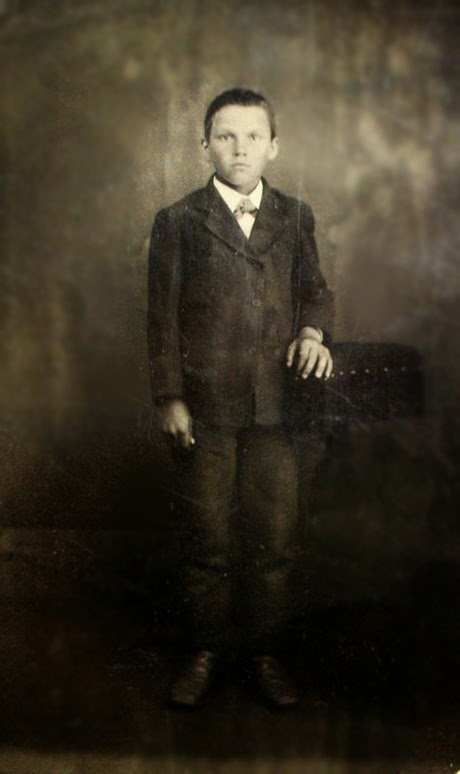My paternal great-grandfather, Daniel Asa Smith (1867 – 1955),
was always a snappy dresser. My father said that part of his success as a
huckster was that he dressed to impress the ladies of the town who bought his
goods.
 |
| Daniel Asa Smith in the 1930s. |
For that reason I had to laugh when I read his father’s will,
written in 1903. It may be that Daniel Asa came by his interest in clothes
naturally.
Wills generally follow a standard pattern. They may open
with an extended paragraph that includes an expression of faith, appreciation
for the life that has been lived, their love for their spouse, their fitness to
make a will, and a revocation of any previous wills. Language may be very flowery and expressive. This is followed by
another paragraph with directions for the executor to pay off debts and any
specific directions for funerals and associated expenses.
They then deal with real property and large bequests.
Finally, they discuss smaller personal property bequests.
Not so the will of William E. Smith (1824-1903), Daniel’s
father.
The first brief sentence of his will sets forth his fitness
to write a will and revokes all former wills.
The second brief sentence contains standard language
regarding payment of debts.
The third sentence stands alone and says:
All my wearing apparel I direct to be
equally divided
between my sons C. W., Abraham, D. A., W. A., and Dennis E.
Only then does he go on to disburse, in
businesslike terms, the rest of his somewhat extensive holdings.
I guess maybe his clothes were so much
in demand that it would cause a rift among his sons? He must have had quite a
wardrobe if it was to be divided among five grown men!
 |
| D A Smith age 14, ca 1881 |
